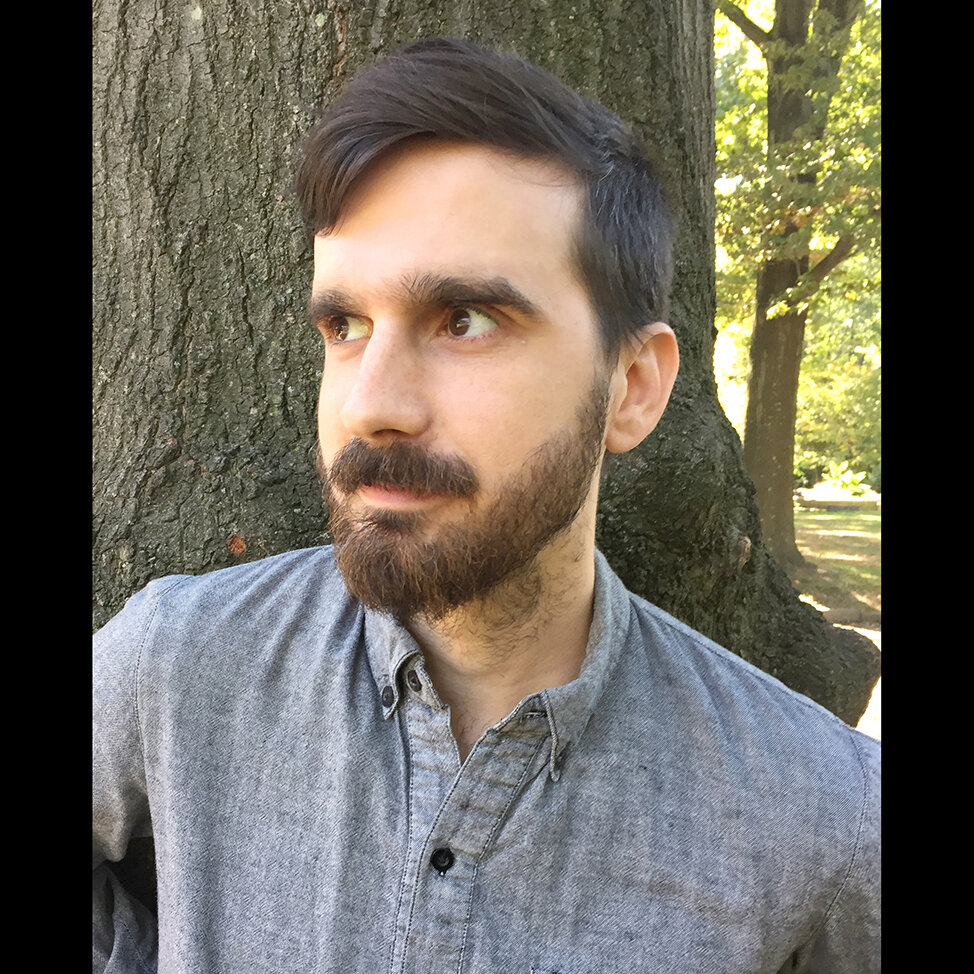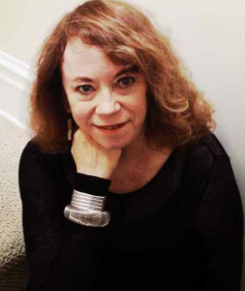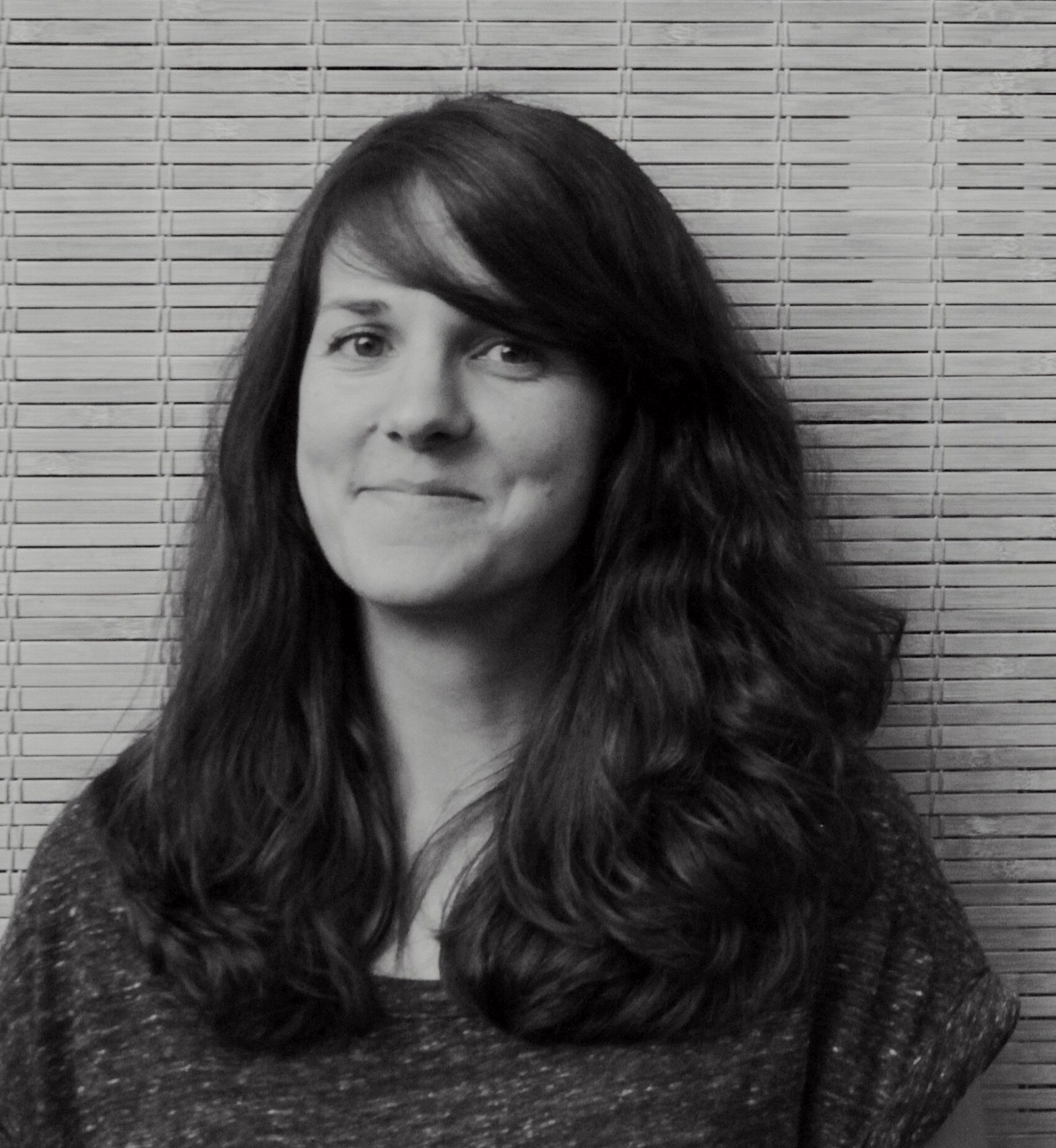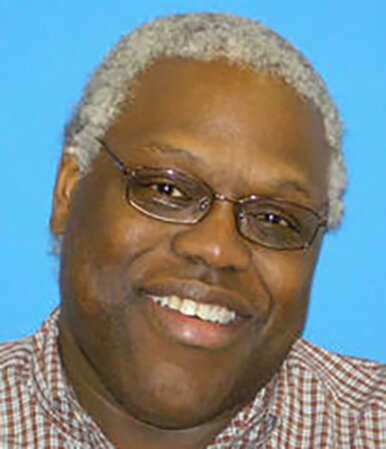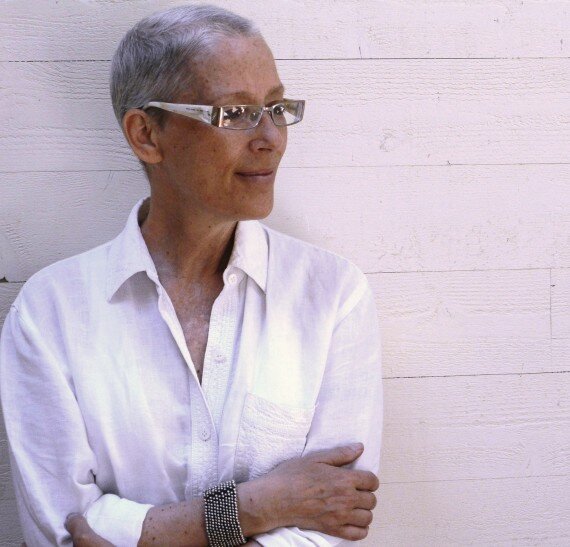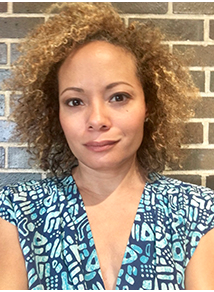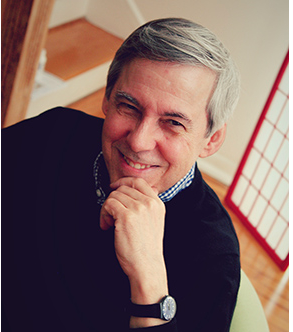Evan Dahm tackles the political dynamics of a fantasy world in Vatt
Interview by Lily Reeves
Evan Dahm is a prolific comics creator from North Carolina. He has been self-publishing fantasy comics online since 2006, and his work is commonly known as a game-changer in webcomics, bringing complex worlds, themes, and art to the medium. Since then, many of his comics have been physically published. His currently running, award-winning webcomic, Vattu, has two physically published volumes, and the third was successfully Kickstarted in November.
As a comic artist myself, Dahm’s comics have been hugely inspirational to me. I first started reading his comic Rice Boy in middle school, shortly after it ended. At the time, his work mystified and fascinated me. Having since become an adult, I can say that’s still the case, but I can also appreciate the masterful story-telling, and relevant sociopolitical themes. Vattu, in particular, is a gut-wrenching story about the machinations of the powerful, and about the little people dealing with the fallout.
How did you get started in comics? What got you interested?
I’ve been drawing forever, and drawing comics for a long, long time, but I only started to take them seriously as a medium to work in when I started Rice Boy in 2006. It’s a medium for visual narrative that one person can create entirely by themself in whatever idiosyncratic way they like—that is the main thing that still draws me to it.


How would you describe Vattu to someone who’s never heard of it?
I still have trouble with this. It is an expansive, meandering fantasy-adventure comic, a kind of biography, and an exploration of the capital of a preindustrial empire and the social dynamics and revolutionary energies within it. It’s about political power and the development of identity within and against it. It’s set in a world full of weird creatures.


What are your biggest influences for Vattu, or for your comic work in general?
I don’t know what to point to exactly. An interest in actual history and what the experience of first-contact culture shock must feel like was a motivating thing for Vattu. Invented-setting genre fiction with a social and political focus has been hugely important to me: Ursula K. Le Guin, Angélica Gorodischer, China Miéville….


The world of Vattu is colorful and complicated, and entirely imagined. How do you approach world-building? What do you prioritize in order to make it feel real, without getting bogged down in all the details?
I am very interested in the experience of reading and believing a fictional setting –in how “immersion” works in fantastic stories. I really try to prioritize the mechanics of exposition in any sort of invented-setting story; I think how the setting is conveyed through the story is as important as the material of the setting that the writer develops external to the story. In the material of the setting itself, I start with broad atmospheric and thematic ideas and build in detail to support that. Starting from a premise that detail is quality, and that a fictional world has to be as richly and arbitrarily detailed as the real one can be destructive to the goals of a narrative, I think!


Vattu contains a lot of symbolism and specific cultural practices, such as the Fluters’ name marks, and the Tarrus cult. Is any of it based on real world cultures? Any particular stories behind any of these ideas?
I don’t think any of it is specifically based on real cultural practices! The Fluter marks in particular started for the sake of visual interest, and keeping the characters distinct, but as the comic went on I got really focused on the idea of identity and selfrepresentation, and it became valuable as a way of talking about that. A lot of the cultural detail is stuff I’ve built in to support the thematic content of the story. That’s a little backwards maybe!


Much of your work is centered on nonhuman characters with features very different from our own. In a visual medium it can be difficult to portray the alien as relatable. What’s your interest in these kinds of characters? Do you have any special methods for making them relatable to your readers?
I’ve been doing comics mostly about nonhuman creatures for a long time, and I’m stuck on it now! It feels kind of like a waste to make stories in a totally visual medium and not take advantage of it in that particular way—I want to invent as much as possible of the visual context, and use comics to present it fairly literalistically or without much overt “style.” I guess it is difficult sometimes to communicate with non-human characters, but I think all readers are generally eager to meet you halfway, and to anthropomorphize whatever is presented. I don’t have any special methods other than to try to take body language seriously!


How do you plan out your comics’ plots? Do you have an entire script that you follow, or a loose guideline? Over the years, have you changed the course of Vattu’s story?
I’ve approached plotting in very different ways for everything I’ve done! Vattu started with a big broad outline, and it’s tightened up and shifted in the details as I’ve moved through it. The main structure hasn’t changed fundamentally, but the comic has started to mean different things to me than it did eight years ago, so I think it’s different now than I would have thought back then. I am writing and rewriting pretty frequently.


Historically, comic books have been widely dismissed as cheap, disposable entertainment. However, they’ve been gaining traction as a vehicle for more serious and more personal stories over the past few decades, especially in independent publishing and web comics. What do you think this medium brings to the table that distinguishes itself from others?
I think the facts that comics are a visual medium that can be made by an individual or small team and distributed very cheaply or for free open a lot of space for idiosyncratic work. It feels like a pop cultural frontier sometimes because it’s so low-risk. This makes me want independent comics and my own comics to be weirder and more personal and more critical.


Any advice you would give to someone trying to write their first long-form comic?
Keep all your art at 600 dpi. You can plan too much; be aware that any long-term project that you move through from front to back might be more like exploring a space you’re building than it will be like executing a plan you’ve made beforehand. The most valuable thing starting out is making your work visible and easy to find!
Vattu © Evan Dahm
http://www.rice-boy.com/vattu/
Tags: Evan Dahm, Vattu, Rice Boy, interview, comic, webcomic, graphic novel, fantasy, world-building

